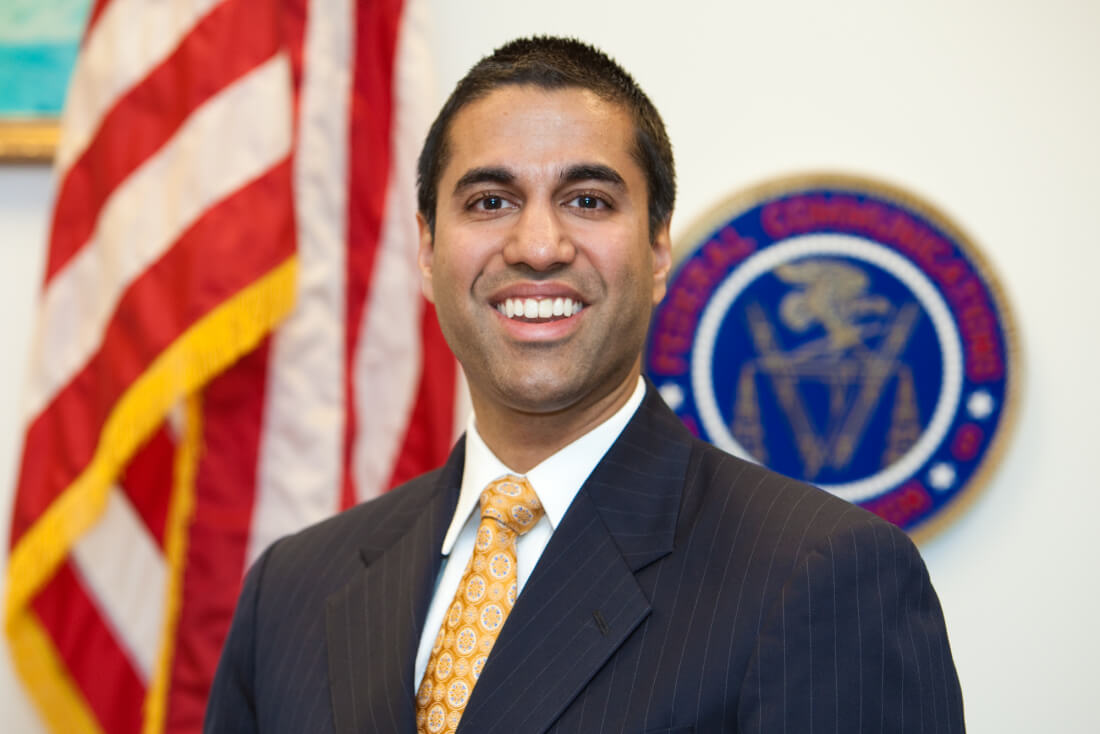wow - generalize much?
You can't say Dodd Frank is good or Dodd Frank is bad - there are like 15 sections of it - some completely different from others - some good, and some bad. Swap exchanges - good idea. Capital requirements on variable annuity products - exactly backward. And they ALL cost money. Every IT firm from every investment company in this country has spent a pile on changing their systems. Plus all the lawyers to interpret the law.
And the Volcker rule is a perfect example of what I'm talking about - small bank speculation did NOT contribute to the housing crash. Blame ING and their credit default swaps, blame Fanny and Freddie for their speculation (but they're not small) - blame undocumented loans and ARMs and CDOs. Blame the risk passing that was inherent in the system. Blame the rating agencies who marked MBS tranches at AAA when they should have been B! Of all the contributors to the crisis - small banks are a barely a footnote. And yet they got regulated. Small banks wouldn't even do that type of speculation anyway - but they get swept up in having to follow the rules. Good call to bring this up.
and what is this nonsense - "Capitalism is a self consuming system and will always fail without government regulation. Have you even seen a pure capitalist economy? Didn't think so, because every country imposes regulations. "
I have heard this argument everytime I discuss regulation with someone on the left. They hear someone say 'we need LESS regulation' and their immediate reaction is 'oh you want to get RID of regulation?! Know what'll happen then?!!'
No one is suggesting getting rid of all regulations. A pure capitalist economy is as big an illogical fantasy as one where everyone has the same income. Machiavelli had common sense, go figure.
This doesn't even make sense - no part of Dodd Frank has been repealed by anyone - and the office setup by Dodd Frank - the Consumer Financial Protection Bureau - is alive and well. I get it you want to blame republicans for something, but at least find something that exists.
TLDR; regulation has trade-offs. If the regulation has little to no upside all you're left with is the downside - cost.
"Every IT firm from every investment company in this country has spent a pile on changing their systems. Plus all the lawyers to interpret the law."
Those costs are incurred in the way of business. Unless you are insinuating that nothing will ever change, those costs will always be there.
"You can't say Dodd Frank is good or Dodd Frank is bad - there are like 15 sections of it - some completely different from others - some good, and some bad."
It prevents another financial collapse and increases transparency. It is good on the whole, no *****footing about it.
"Small banks wouldn't even do that type of speculation anyway - but they get swept up in having to follow the rules. Good call to bring this up."
Um, if they aren't doing it anyways then they is zero change for them. There is zero difference because they don't have to comply to rules for a game they never played.
"I have heard this argument everytime I discuss regulation with someone on the left"
Oh boy, starting with a generalization.
"They hear someone say 'we need LESS regulation' and their immediate reaction is 'oh you want to get RID of regulation?! Know what'll happen then?!!'
No one is suggesting getting rid of all regulations. A pure capitalist economy is as big an illogical fantasy as one where everyone has the same income. Machiavelli had common sense, go figure.
You jump to conclusions. No, what people get mad at is when regulations are attacked and bullshit reasons are given to remove them.
"This doesn't even make sense - no part of Dodd Frank has been repealed by anyone - and the office setup by Dodd Frank - the Consumer Financial Protection Bureau - is alive and well. I get it you want to blame republicans for something, but at least find something that exists. "
That's because I never mentioned Dodd-Frank Specifically. I was referring to regulation in general. If you read my comment
"The only problem is that we have republicans in office who screw the rules over and allow Wall Street to make risky investments and essentially have shadow companies with zero transparency."
I never mention any specific regulation. This article is a fine example, The removal of the fiduciary rule is another, Obamacare without a replacement is another, allowing dumping of coal mining byproducts is another. This administration hasn't even been in very long and it's obvious it's targeting rules just to increase profits and isn't concerned with creating jobs. In fact, it is likely to decrease jobs.
"TLDR; regulation has trade-offs. If the regulation has little to no upside all you're left with is the downside - cost."
I'm fine with removing regulations with more cost then benefit. When was the last time I actually saw a republican give an honest answer, and not obvious BS? Probably when McCain was running. I would have taken a 5 year old rotting raccoon corpse over trump.
